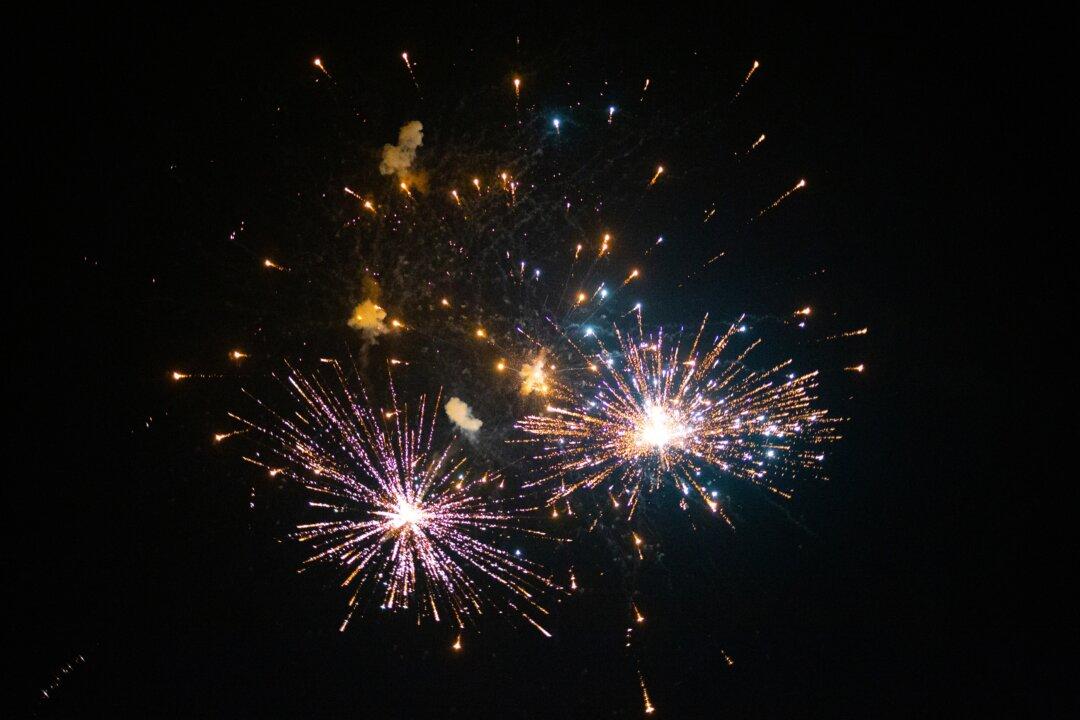Several firework displays that were set to take place on July Fourth in Los Angeles County have been canceled by the fireworks vendor, citing new environmental regulations.
The cancellations come after the Los Angeles Regional Water Quality Control Board adopted a countywide order in May (pdf) requiring vendors of firework displays in Los Angeles County to first obtain a permit and encouraging them to use biodegradable plastics.




